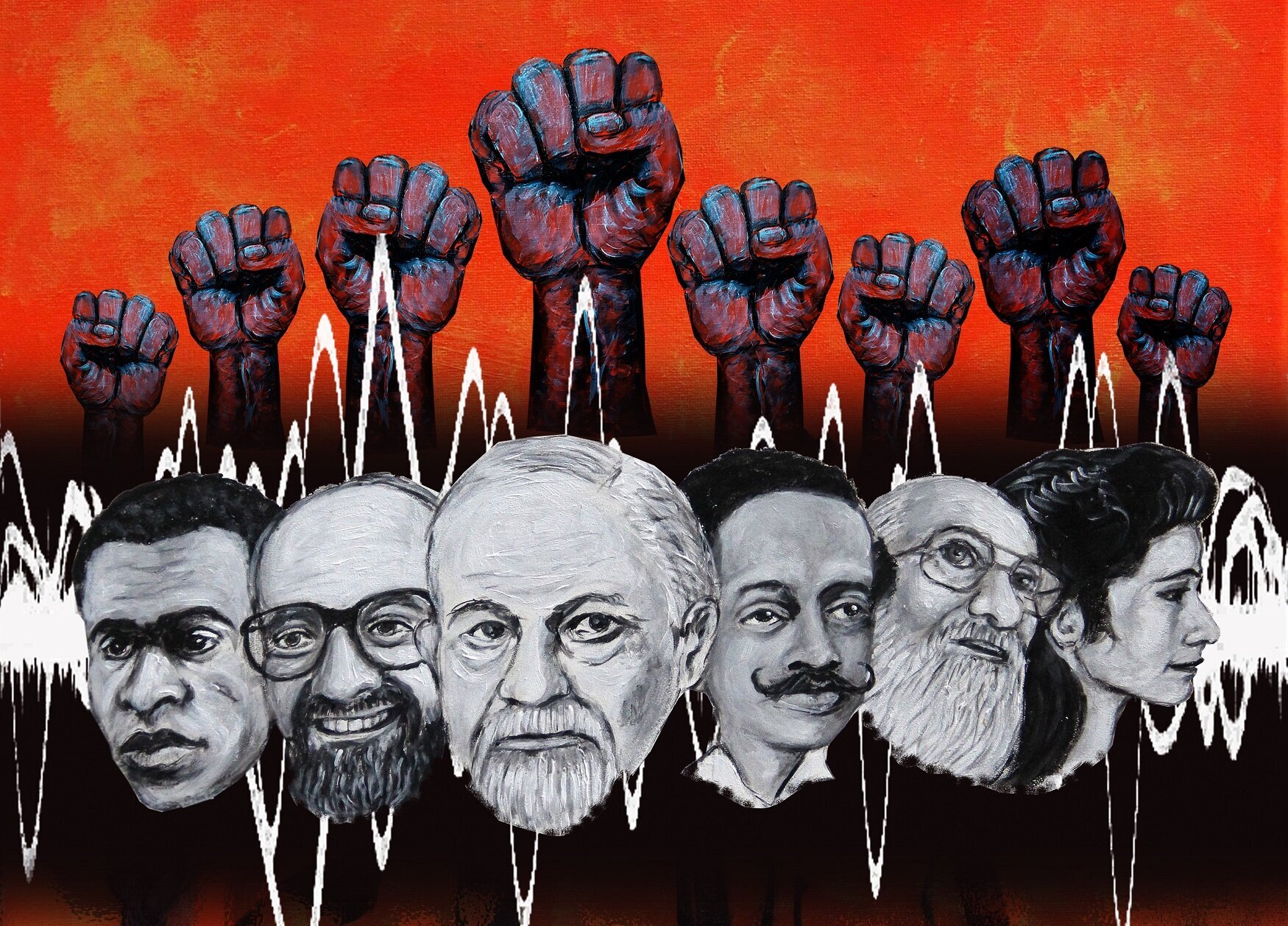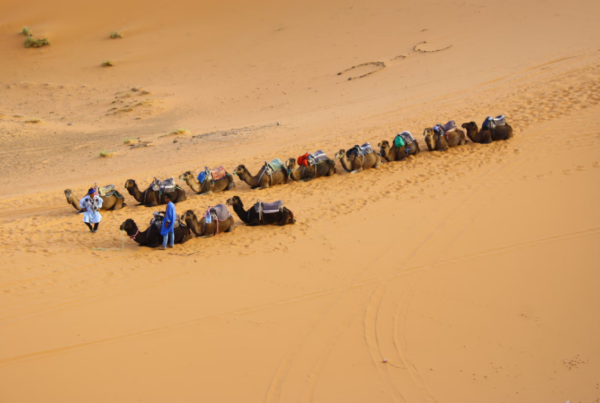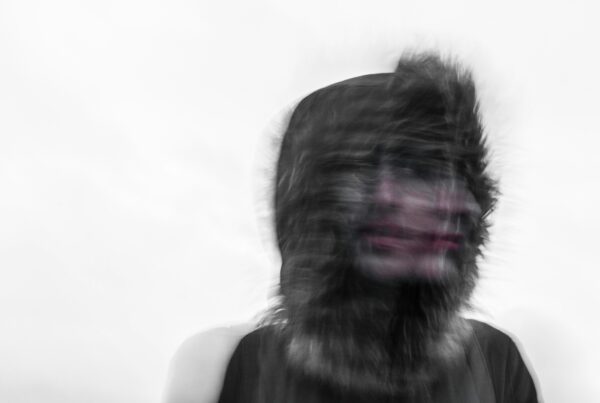
Welcome to PSYCHsources! Here we introduce a different topic from psychology, offering a list of resources that are useful to anyone who wants to learn more about it. For our issue on Liberation, we—fittingly—look at Liberation (Social) Psychology.
In order to better understand this area of psychology, a little bit of historical context is necessary. During the 1970s, social psychology (in a global context) experienced a crisis involving three key issues, namely, its irrelevance in terms of solving real social problems, its assumption of producing universal findings (despite using homogeneous samples in artificial settings), and its amoral stance, which came from an attempt to align with value freedom and make psychology more ‘scientific’ (Burton & Kagan, 2005). All of these factors combined meant that in countries where civil war, poverty, and inequality reigned social psychology in its current state found little to no resonance.
Formulated by Ignacio Martín-Baró in the late 1970s in Latin America, Liberation Psychology presented an interdisciplinary multi-faceted approach to addressing psychological issues, particularly those rooted in oppressed communities. In some ways, it can be understood as a framework that attempts to unify the historical, political, and socioeconomic causes of distress, with the goal of implementing these teachings into therapeutic and community practices.
It is no mystery that one of the fundamental issues across different areas of psychology as well as other social sciences is the over representation of WEIRD (white, educated, industrialised, rich, and democratic) cultures. This often results in findings only being generalisable to more western developed cultures. On top of this, it leads to an individualised understanding of mental health, which largely neglects other deeply rooted external factors. What distinguishes Liberation Psychology is that it recognises that an individual’s psychological wellbeing is inextricably related to their broader societal and historical structure. It moves away from a universal understanding of social psychology to one that focuses on unique (but collective) experiences. More importantly, it concentrates on recognising underrepresented voices and experiences of the Global South.
Related areas of psychology include Community Psychology, Critical Psychology, and Environmental Psychology.
Articles:
- I’m a psychologist – and I believe we’ve been told devastating lies about mental health by Sanah Ahsan
This is what actually got me into Liberation Psychology in the first place. In her piece for The Guardian, Sanah Ahsan writes about the problems of depoliticising distress by attributing mental health problems to the individual, rather than their surroundings. While the title may throw you off, this article gives you a lot to think about in terms of how we deal with mental health issues in society today.
- Can Psychotherapy Promote Liberation? Addressing Power Dynamics in Clinical Practice by Zenobia Morrill, critical-liberation psychologist and psychology professor
This piece by Zenobia highlights her personal experiences and disappointments within mainstream mental health care and how it led her to develop her model of liberation psychotherapy. It’s impressive how much information and critical analysis of far-reaching issues can be neatly packed into one article.
- Without Liberation Psychology, Therapy Reinforces the Status Quo by Micah Ingle, MA
Micah sums up Martín-Baró’s ideas in a digestible format, extracting individual quotes and ideas, while expanding on what they mean in a clinical context.
Papers:
- Burton, M., & Kagan, C. (2005). Liberation Social Psychology: Learning from Latin America. Journal of Community & Applied Social Psychology, 15(1), 63–78.
This paper introduces you to the field by putting things into historical context, drawing particularly on developments in Latin America. It gives you a deeper understanding of the academic relevance of Liberation Psychology and reads more like a non-fiction book than an academic paper. Both Burton and Kagan are pioneers in developing the field outside of Latin America.
For those who prefer the audio format.
- What is Liberation Psychology by The Clinical Consult
Dr. Yun Garrison gives us a half hour masterclass in Liberation Psychology, demonstrating how it can effectively reorientate psychology to address lived experiences and serve the needs of victims of discrimination, poverty, hate, and violence. She includes practical explanations on how it can be implemented in both a clinical and community setting, including what this specifically looks like in a therapist’s office.
- Liberation Psychology with Daniel José Gaztambide Nuñez & Harriet Fraad (In Conversation) on Upstream
Upstream actually covers economic topics, encouraging its listeners to unlearn the things they thought they knew. In this particular episode, Daniel gives suggestions on how to be a better therapist, how psychology can be used as a tool for communal health, and the problems with the ‘Mcdonaldification’ of psychology. The latter referring to how everything gets turned into an app, involving things like 5 minutes of mindfulness. Harriet Fraad follows with a feminist view, including how structural factors like gender roles can negatively affect relationships. This is a thought-provoking episode that covers a wide range of topics.
- Liberation Psychology, Real Equity, and Healing the Divide on The Jonathan Ellerby Podcast
For a more holistic view, Jonathan invites licensed psychologist Dr. Han Ren to speak about Liberation Psychology with a focus on (de)colonialisation of mental health and systems of power.
This is definitely a more academic, weighty read. It provides you with a solid basis in the subject matter, much like an introductory university course would. The first sections address the theory, method, and clinical practice, while the following sections look at specific populations and practical implementations.
- A People’s History of Psychoanalysis: From Freud to Liberation Psychology by Daniel José Gaztambide
This book, with its cover actually pictured above, takes us through the history of social justice and liberation psychology along with the key figures involved. If you’re curious about what Marx had to do with psychoanalysis, this might be for you.
- Writings for a Liberation Psychology by Ignacio Martín-Baró
From the founding father himself, this book by Martín-Baró is a collection of his writings over the years. A recommended read for those who want to dive deep into the original subject matter and gain an understanding of what sparked his thinking. A snippet from the book description already peaked my interest: “In your country,” Ignacio Martín-Baró remarked to a North American colleague, “it’s publish or perish. In ours, it’s publish and perish.”
- Towards Psychologies of Liberation by Mary Watkins and Helene Schulman
Mary Watkins and Helene Schulman present the theoretical foundations of liberation psychology and draw on practical examples of community projects across the globe. This interdisciplinary book starts by highlighting psychological wounds of colonialism and globalisation, moving on to address participatory community practices.
Degree Programmes:
- Liberation Psychology – Pacifica Graduate Institute: https://www.pacifica.edu/degree-program/community-liberation-ecopsychology/liberation-psychology/
This specialisation is part of the M.A./Ph.D. programme in Depth Psychology offered by the Pacifica Graduate Institute. Alongside liberation psychological themes, this programme widens its focus to cover a variety of topics including ecopsychology, restorative justice, and decolonial psychology from a multicultural perspective and with a hands-on approach.
- Community Psychology MA – University of Brighton: https://www.brighton.ac.uk/courses/study/community-psychology-ma.aspx
This Master’s course focuses on providing its students with the knowledge and training to address institutional marginalisation. While more community focused, there is a lot of overlap with themes from liberation psychology.
- The Doctor of Psychoanalysis (PsyaD) and Master of Arts (MA) in Psychoanalysis, Society, and Culture – Boston Graduate School of Psychoanalysis: https://bgsp.edu/academics/degree-programs/programs-psychoanalysis-society-culture/#apply (also offered online!)
While these programmes are a little farther away, they are one of the few of this kind with an interdisciplinary approach, equipping their students with a unique skillset to pursue either research in or professional practice of psychoanalytic methods.
Organisations:
- English language Liberation Psychology Network: https://libpsy.org/
- European Community Psychology Association: https://www.ecpa-online.com/executive-committee/




